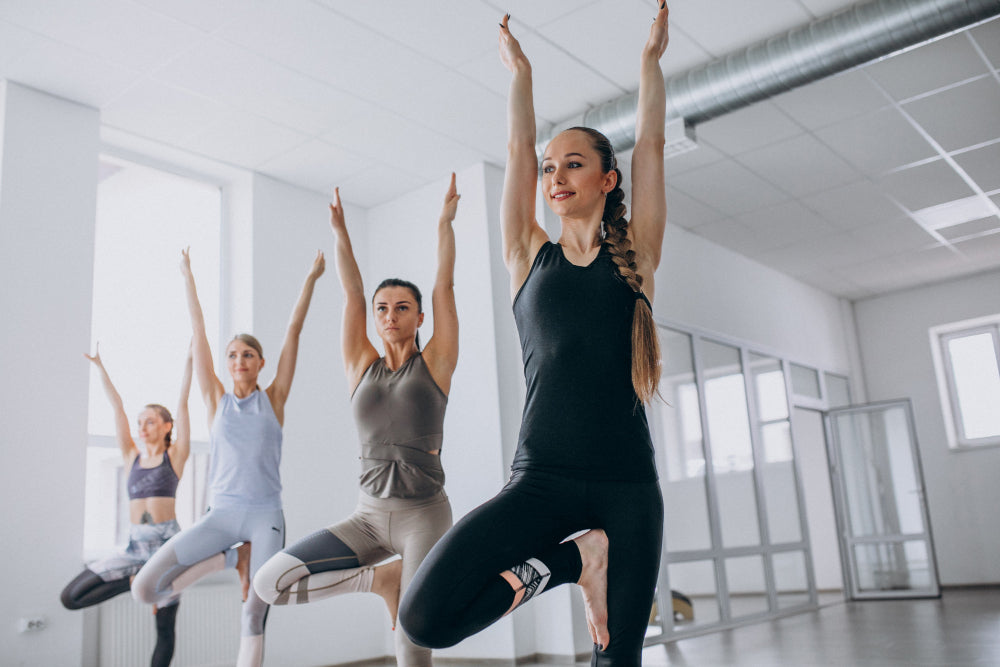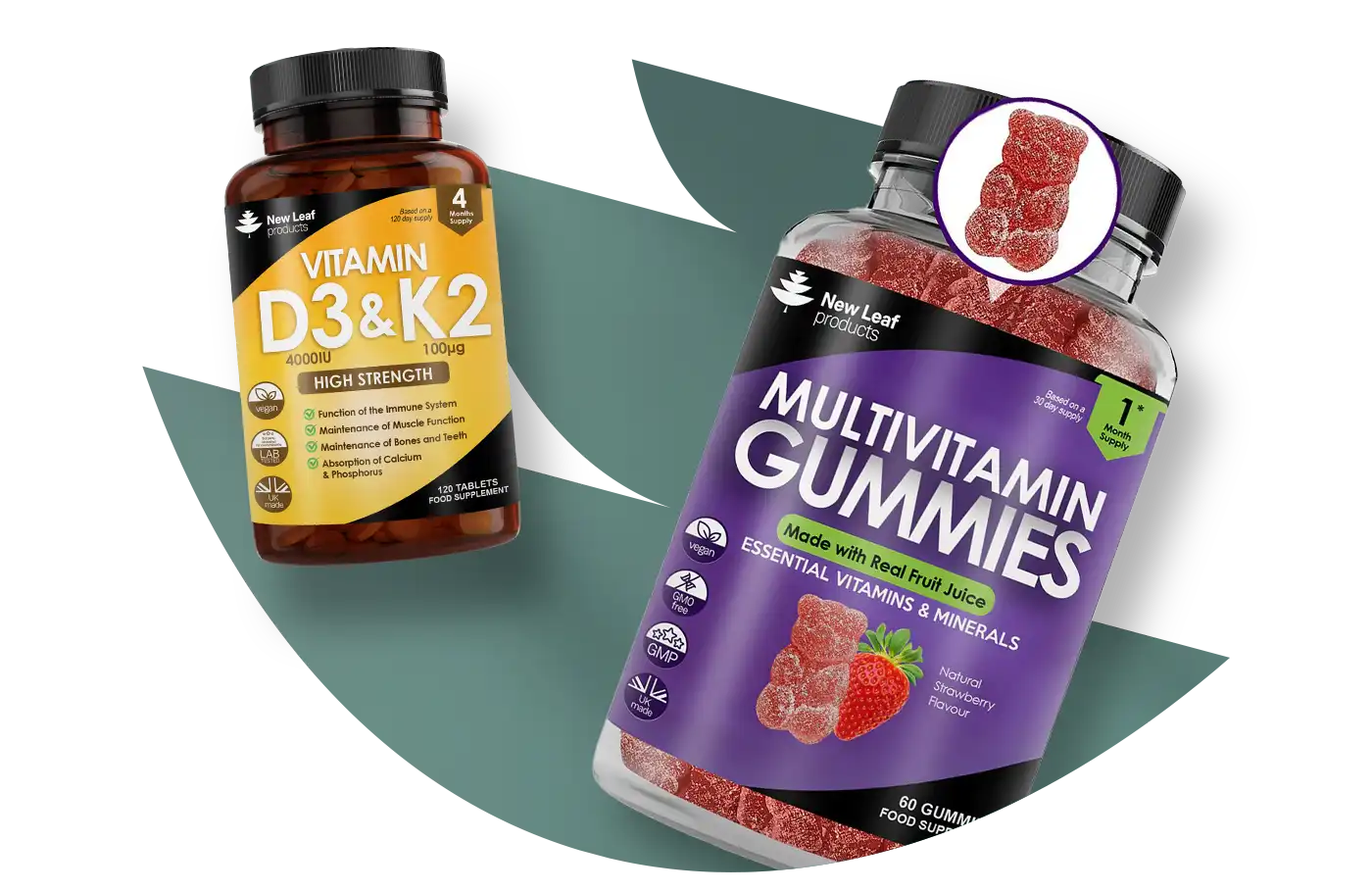
Bone density is a term used to describe the amount of minerals in your bones. Strong, healthy bones have a high bone density, whereas low-density bones are weaker and more prone to breaking and fractures.
During the natural ageing process, people begin to lose bone density. This is particularly common in women who have been through menopause, as oestrogen provides bone-protecting effects. Low bone density can also lead to bone-related disorders like osteoporosis, which is characterised by fragile and weak bones.
If you’re wondering how to improve bone density, you’re in the right place. Fortunately, there are a number of things you can do to boost your bone density naturally.
1. Eat calcium-rich foods
Calcium is the primary building block and most important mineral for healthy, dense and strong bones. Bones break down and regrow every day, therefore it’s essential to have a consistent daily supply of calcium to support the formation of new bones.

You can get plenty of calcium through the diet by eating certain foods.
These include:
- Cheese
- Yoghurt
- Milk
- Beans
- Sardines
- Leafy greens like kale
2. Strength training
Regular exercise is one of the best ways to support strong, healthy bones. Strength training or weight lifting exercises are especially good for your bones because they encourage the formation of new bone and help prevent bone loss.
Multiple studies show that strength training is beneficial for older men and women because it helps increase bone density, strength and size and reduces bone turnover and damaging inflammation.

3. Take vitamin D supplement
Vitamin D is an essential mineral for building strong bones. It helps the body absorb calcium, which is one of the most important bone minerals. Research suggests that low vitamin D levels are associated with low bone density and an increased risk for bone breakages.
Because vitamin D is obtained through direct exposure to sunlight, as well as through the diet, it can be difficult to get enough of it in the winter months when there is less sunlight. Taking a vitamin D supplement like New Leaf’s Vitamin D3 & K2 Tablets is a great way to keep your vitamin D levels topped up and to support healthy bones. Vitamin K2 is another fantastic vitamin for promoting strong bones because it plays a key role in regulating bone formation and preventing calcium loss.
4. Eat more vegetables
Vegetables are low in calories and provide a great source of many important vitamins and minerals. In particular, vegetables are often high in vitamin C, which helps support the production of new bone cells and its antioxidant effects help protect bones from oxidative damage.
One study found that women over the age of 50 who regularly ate onions were 20% less likely to develop osteoporosis than women who rarely ate them.

5. Maintain a healthy weight
According to research, low body weight increases the risk of bone loss and osteoporosis, especially in postmenopausal women. Similarly, constantly losing and gaining weight has been found to damage bone health and increase bone loss. After severe weight loss, one study found the detrimental effects on bone health could not be reversed when weight was regained.



